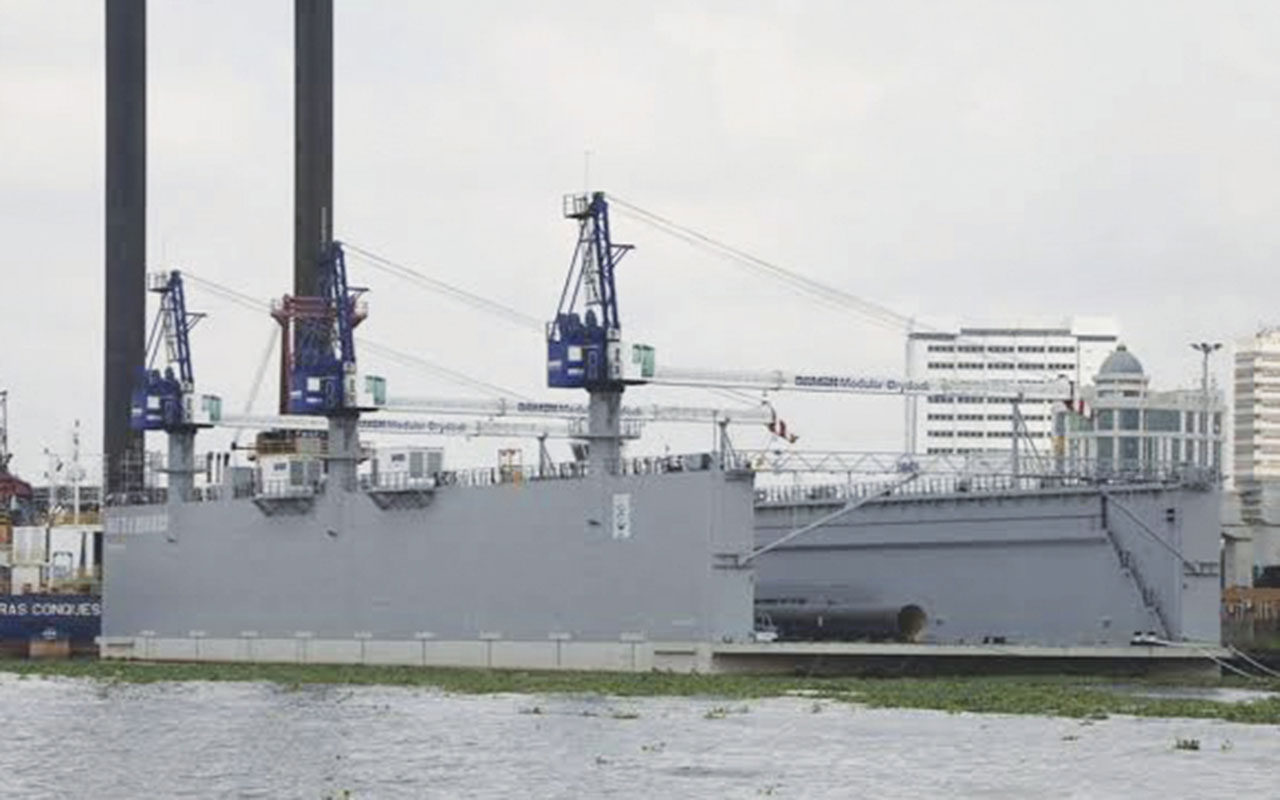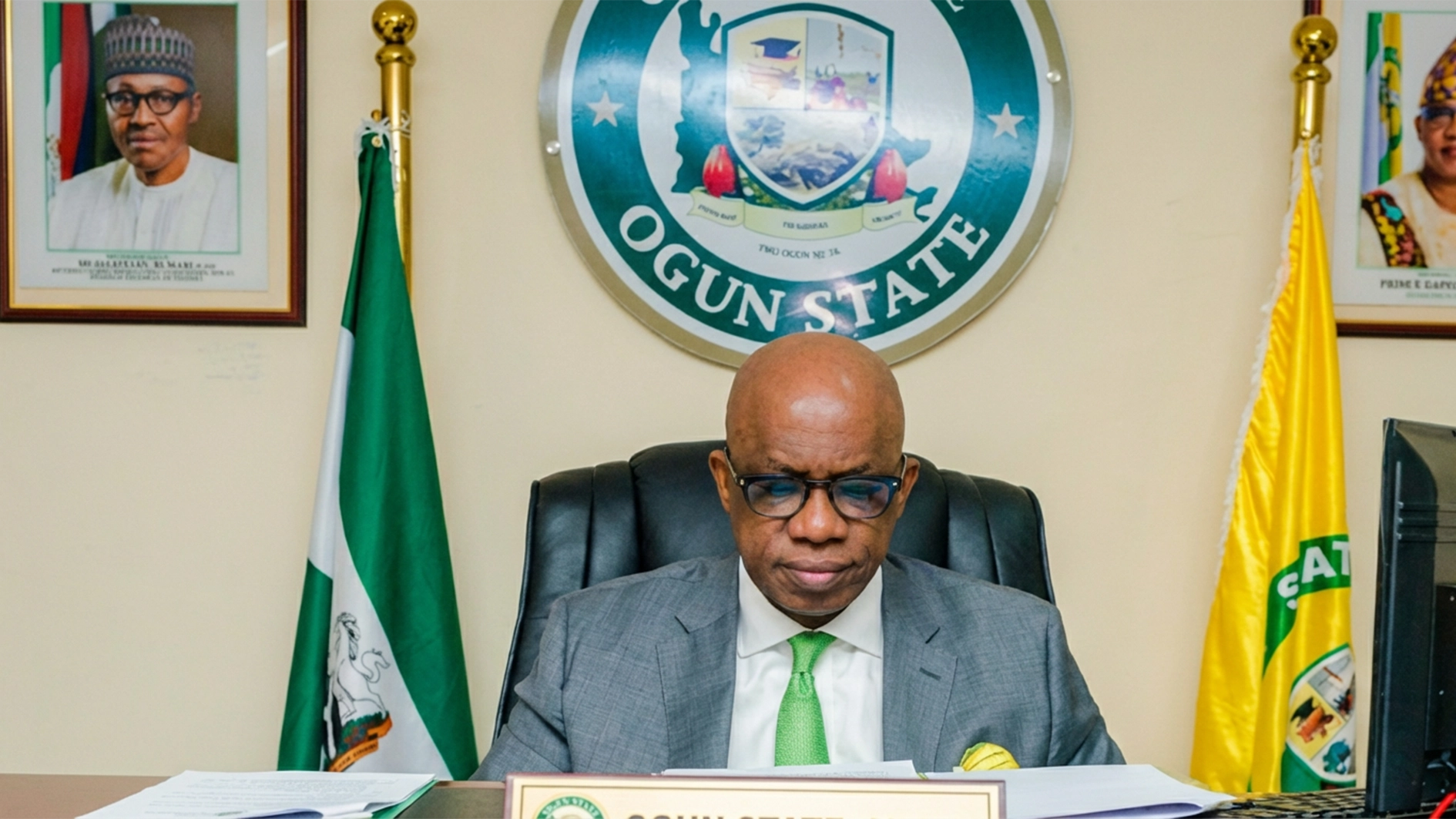
Nigeria lost out on the $50.3 billion global shipyard market contribution to economies last year, following the inability of the federal government to revive the moribund ship repair yards.
Already, Nigeria loses over 110,000 vessels yearly to Ghana, the Republic of Benin, Togo, and other neighbouring countries for dry docking and repairs because of the non-existence of shipbuilding and repairs yards, according to the Nigerian Maritime Administration and Safety Agency (NIMASA).
The Guardian’s findings show that most ship repair yards and dry-docking facilities in the country have packed up, while the few remaining ones are on the verge of folding up from rot and lack of patronage.
This has forced shipowners to move their vessels brought into Nigeria for repairs yearly to neighbouring countries, making the country lose over $500 million in revenue that would have been contributed to the economy yearly, according to shipowners.
Also, the N50 billion NIMASA floating dockyard acquired in 2018, is yet to be utilised after its concession to a private company, which was supposed to maintain and transfer the facility back after 15 years.
The lack of utilisation has also cost the country $65.6 million, which is supposed to be generated from the concessioning with over 800 direct and indirect jobs.
The floating dockyard was also expected to develop capacity and provide maintenance facilities for ships and boats.
Meanwhile, shipowners pay between $1.5 million to $1.8 million to tow each vessel to Singapore for repairs. Also, dry-docking a single vessel in the international market requires between $300,000 to $500,000.
Stakeholders in the maritime industry have called for a holistic approach and strategic policies to resuscitate the nation’s once-thriving ship repair yards that have gone moribund.
They also collectively advocated for financial investments and the importance of a political will to revive ship repair facilities, as it will also address unemployment within the sector and reposition Nigeria as a self-reliant hub for shipbuilding and repairs.
Member of the Nigerian Ship owners’ Association (NISA), Sola Olatunji, lamented the decline of shipyards in the country, while particularly citing the case of Nigerdock, a once-thriving shipyard that the government sold.
He said its sale led to a reliance on neighbouring countries for ship repairs, thereby raising concerns about Nigeria’s self-sufficiency in maritime operations.
Olatunji said the government needs to recognise the strategic importance of shipyards and take necessary actions to revive them.
President of the Nigerian Association of Master Mariners (NAMM), Captain Tajudeen Alao, also decried the drastic decrease of ship repair yards in the country, despite the availability of repairers.
He said the reduction of fishing trawlers from 385 to less than 50 in the country is worrisome, noting that an increase in fishing vessels and tugboats would automatically generate jobs for the shipyards.
He called for political will and financial support to revive the yards, while urging the government to inject funds into the sector to tap the potentials at sea waiting to be harnessed.
President of the Nigeria Chamber of Shipping (NCS), Aminu Umar, emphasised the critical role of a robust steel industry as well as the availability of machinery and equipment for ship construction among other challenges.
Umar also emphasised the need for supportive policies to encourage the establishment of essential components for shipbuilding and repairs within the country.






